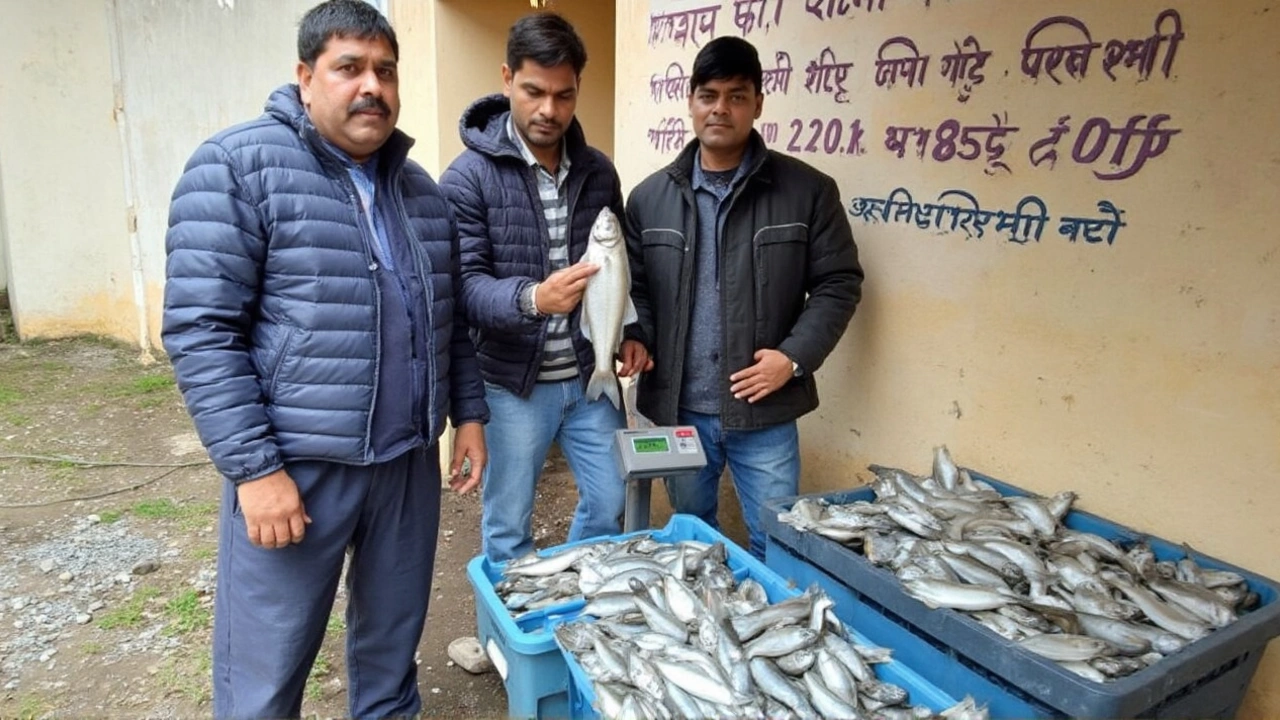Assistant Commandant: What the Job Is All About
If you’ve ever wondered what an Assistant Commandant actually does, you’re not alone. In simple terms, an Assistant Commandant is an entry‑level officer in paramilitary forces like the CRPF, BSF, or ITBP. They lead a small team, manage day‑to‑day operations, and ensure law and order in challenging environments. Think of them as the bridge between the rank‑and‑file and senior leadership.
Key Responsibilities on the Ground
Every day brings a mix of tasks. An Assistant Commandant might supervise patrols, handle crowd control, or coordinate rescue missions during natural disasters. They also oversee training drills, maintain equipment, and file reports for higher‑ups. The role demands quick decision‑making, because you often have to react to unexpected situations like border incidents or civil unrest.
How to Become an Assistant Commandant
Getting there starts with clearing the Union Public Service Commission (UPSC) Assistant Commandant exam. The test has three stages: a written exam, a physical fitness test, and an interview. Study smart—focus on general knowledge, reasoning, and current affairs for the written part, and work on endurance for the physical test. Many candidates join coaching centers, but a disciplined self‑study plan works just as well.
After you clear the exam, you undergo a rigorous training program at the respective academy, such as the CRPF Academy in Gurgaon. The training lasts about 12 weeks and covers weapons handling, field tactics, and leadership skills. It’s intense, but it prepares you for real‑world challenges you’ll face as an officer.
Once training is complete, you’re posted to a unit where you start leading a platoon or a company, depending on the force. Your first few months will be a learning curve—balancing administrative duties with field operations. Senior officers mentor you, and you’ll quickly pick up the nuances of command.
Career growth is steady. With good performance, you can rise to the rank of Deputy Commandant, then Commandant, and eventually higher administrative roles. Promotions are based on service record, exam scores, and seniority. Many officers also pursue higher education, like a master’s in security studies, to boost their prospects.
Salary and benefits are competitive. Apart from a base pay that scales with rank, you get allowances for housing, travel, and hardship. The job also offers a pension, medical facilities, and opportunities for overseas postings under UN peacekeeping missions.
If you love a mix of discipline, adventure, and public service, the Assistant Commandant track can be a rewarding career choice. Start by checking the UPSC notification calendar, map out your study plan, and stay fit for the physical test. With dedication, you’ll join a force that safeguards the nation while building a solid professional future.
ITBP Recruitment 2025: 48 Assistant Commandant Telecom Posts Open for Engineering Graduates
The Indo-Tibetan Border Police is recruiting 48 Assistant Commandant (Telecommunication) officers for 2025. Engineering graduates under 30 can apply online between 21 January and 19 February. The selection process includes tests, interviews, and a medical exam. These officers oversee crucial border telecom systems.
VIEW MORE